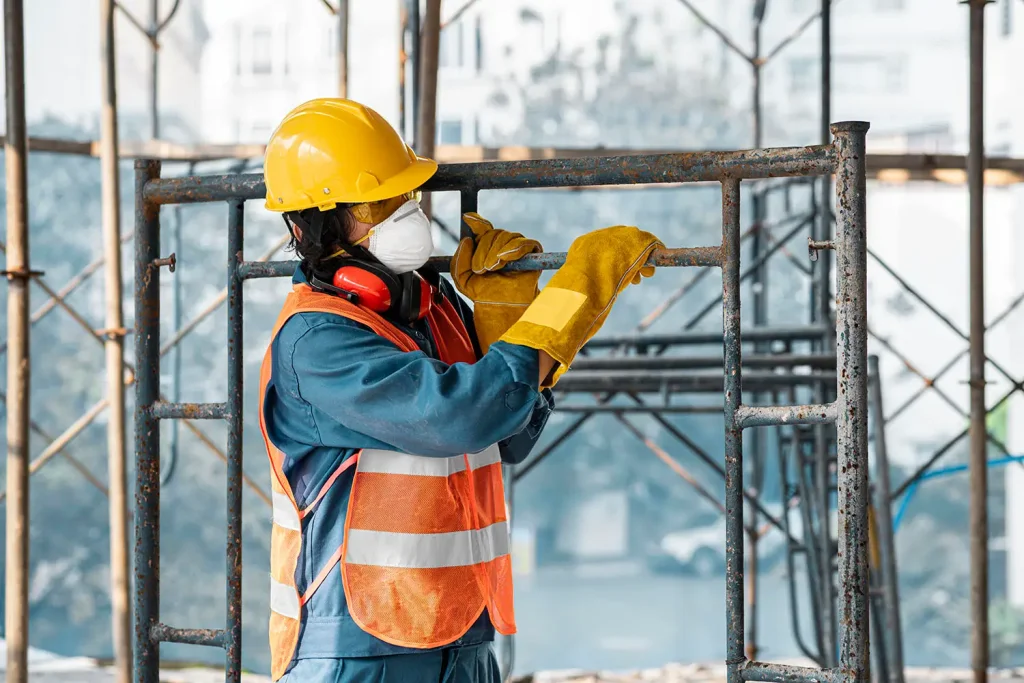
Course Duration: 1 day
The development of a technical project is always a challenge, regardless of its size and complexity, and its constantly changing work environment, with the coexistence of many factors and special conditions on the construction site, make the need for substantial information and prevention on issues related to the safety and health of employees imperative.
After the completion of the training course, the participants will have gained basic knowledge about:
To find out about the cost of the courses, please contact us. BQC is adjusting its pricing policy for unemployed and students. Every second participation from the same company will have a 10% discount.
The training methodology includes lectures, practice and teamwork.
In this context, the participants are asked to carry out group and individual exercises, role playing exercises, and evaluation tests that aim to develop their skills (time management, teamwork, cooperation).
In the end, a satisfaction questionnaire is distributed to the participants in order to evaluate the results of their training and the achievement of its objectives.
Legislative framework. Indicatively:
√ Law 3850/2010: Ratification of the code concerning health and safety for workers
√ Presidential Decree 305/1996: Minimum standards for health and safety on construction sites
√ Presidential Decree 57/2010: Construction machinery
For the implementation of the training courses, renowned lecturers are selected, with extensive knowledge and experience in the field of Management Systems and, by extension, on the standards.
BQC, by recognizing modern trends in the field of Training, has created a wide network of experts and trainers around the world, which it uses to offer high-level knowledge and experience in the field of Education.
The training courses offered by BQC are certified by the Accredited Personnel Certification Body STAREGISTER, a member of the IPC, thus providing the possibility of issuing accredited certificates of international recognition according to the ISO/IEC 17024:2012 standard to those successfully participating in them.